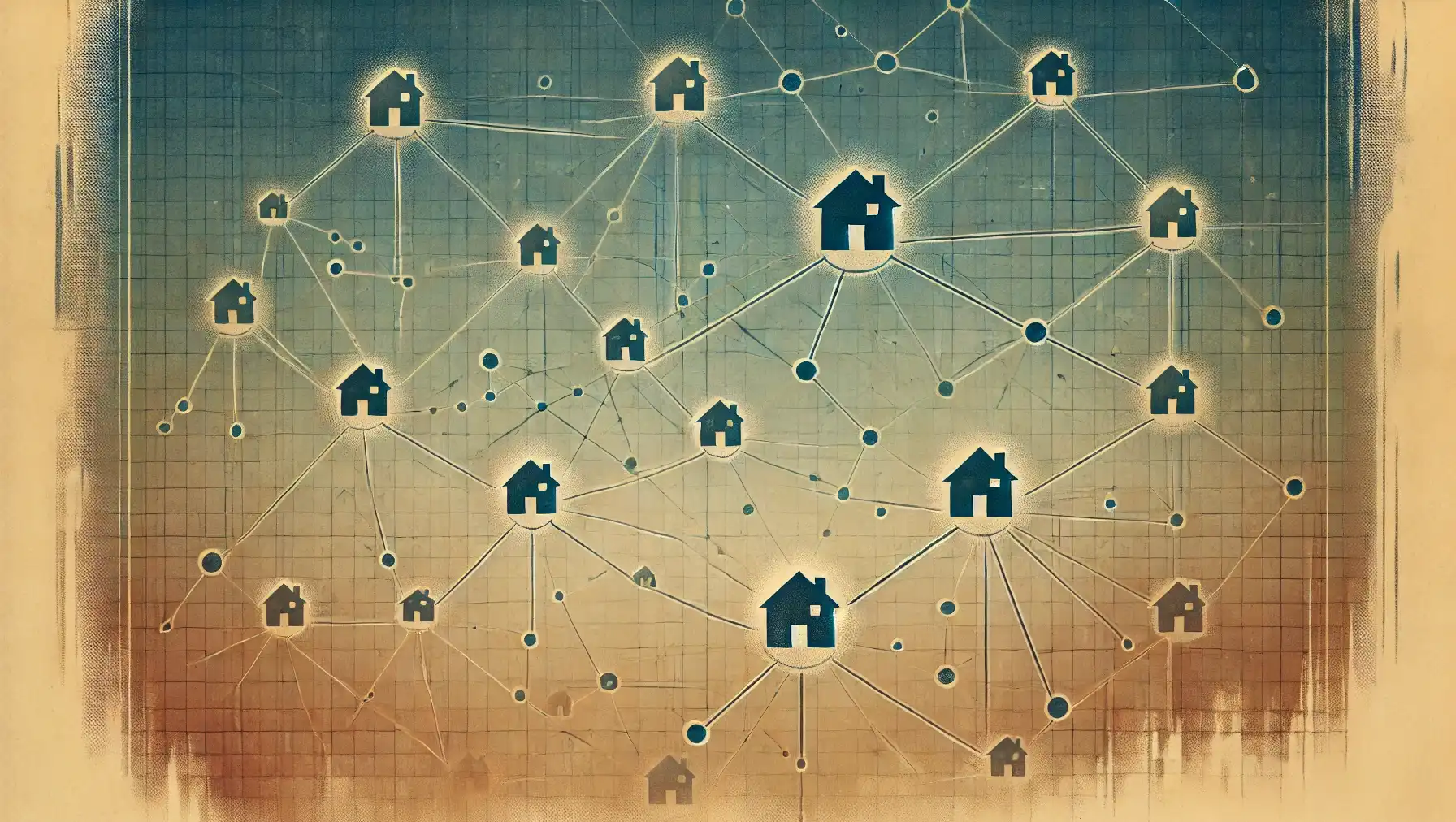Building a strong real estate network is crucial for success in the real estate investment industry. A robust network can provide you with valuable insights, opportunities, and support, helping you navigate the complex world of real estate. Here are some effective strategies to help you build and maintain a powerful real estate network.
1. Attend Industry Events
One of the most effective ways to build your network is by attending industry events such as conferences, seminars, workshops, and real estate expos. These events provide an excellent opportunity to meet other professionals, exchange ideas, and stay updated on the latest trends in the industry. Make sure to attend both local and national events to broaden your network.
2. Join Real Estate Investment Groups
Joining real estate investment groups or clubs is another great way to expand your network. These groups often host regular meetings, webinars, and social events where you can meet like-minded investors. Look for groups that align with your investment goals and interests, and actively participate in discussions and activities.
3. Leverage Social Media
Social media platforms like LinkedIn, Facebook, and Twitter can be powerful tools for networking. Join real estate-related groups and forums, participate in discussions, and connect with other professionals in the industry. Share your insights, experiences, and successes to establish yourself as a knowledgeable and reliable contact.
4. Build Relationships with Real Estate Agents and Brokers
Real estate agents and brokers are often the first to know about new opportunities in the market. Building strong relationships with them can provide you with valuable leads and insights. Make an effort to connect with agents and brokers in your area, and consider collaborating with them on deals and projects.
5. Network with Other Investors
Connecting with other real estate investors can provide you with valuable advice, support, and potential partnership opportunities. Attend investor meetups, join online forums, and participate in local real estate investment groups. Share your experiences and learn from others to build mutually beneficial relationships.
6. Participate in Online Forums and Communities
Online forums and communities such as BiggerPockets and real estate investment subreddits can be great places to network with other professionals. Participate in discussions, ask questions, and share your knowledge to build your reputation and connect with others in the industry.
7. Volunteer and Give Back
Volunteering your time and expertise to local community organizations and real estate associations can help you build a positive reputation and expand your network. Consider offering your services for free or at a reduced rate to charitable organizations or community projects. This not only helps you give back but also provides opportunities to meet other professionals.
8. Follow Up and Maintain Relationships
Building a network is not just about making initial connections; it’s also about maintaining and nurturing those relationships. Follow up with people you meet at events, send thank-you notes, and keep in touch regularly. Use tools like CRM (Customer Relationship Management) software to keep track of your contacts and interactions.
9. Seek Mentorship and Offer Guidance
Finding a mentor with experience in real estate can provide you with valuable insights and guidance. Similarly, offering mentorship to others can help you establish yourself as a leader in the industry. Both roles can help you build strong, lasting relationships within your network.
10. Attend Local Government and Planning Meetings
Local government and planning meetings can provide valuable insights into upcoming developments and zoning changes. Attending these meetings allows you to network with government officials, developers, and other stakeholders, providing you with a competitive edge in the market.
Conclusion
Building a strong real estate network requires time, effort, and genuine engagement. By attending industry events, leveraging social media, building relationships with agents and investors, participating in online communities, volunteering, and maintaining relationships, you can create a powerful network that supports your real estate investment goals. Remember, the key to successful networking is to be proactive, authentic, and generous with your time and knowledge.
